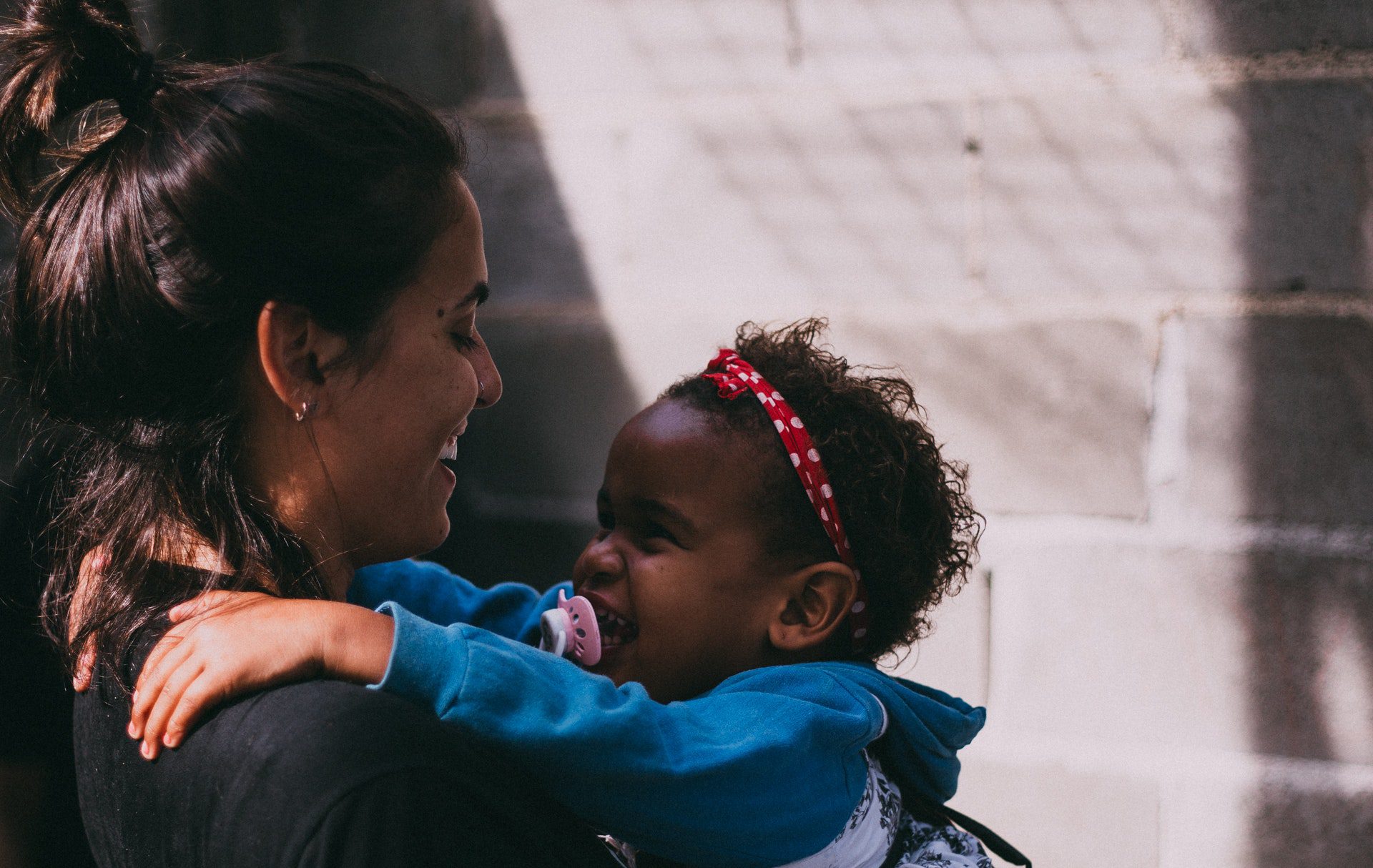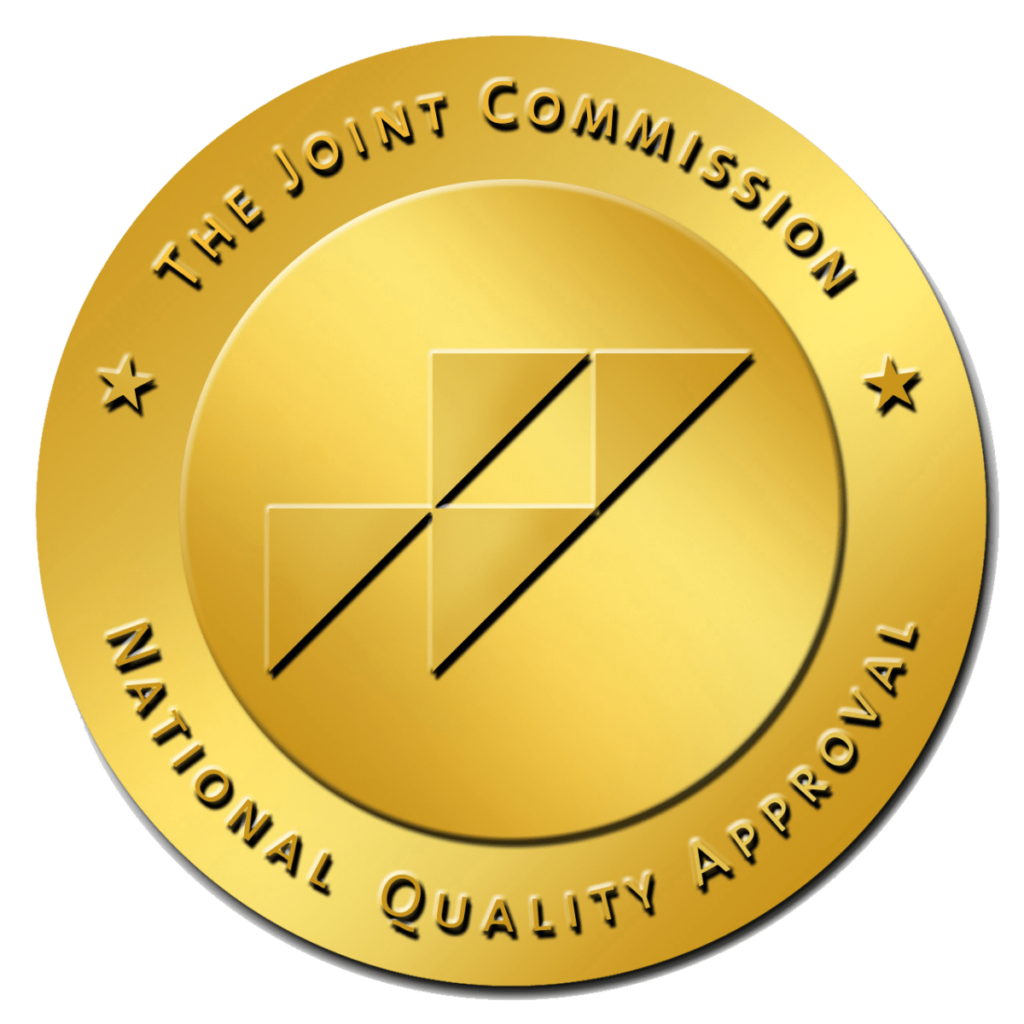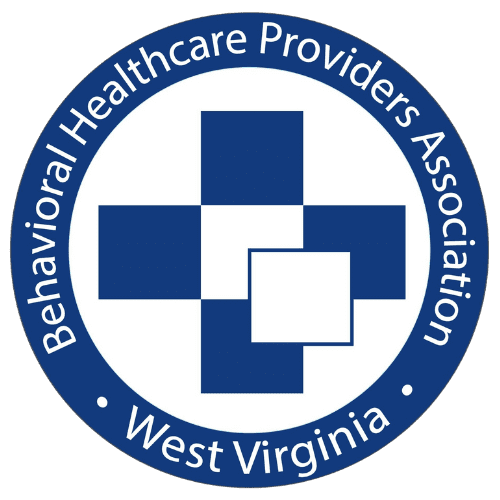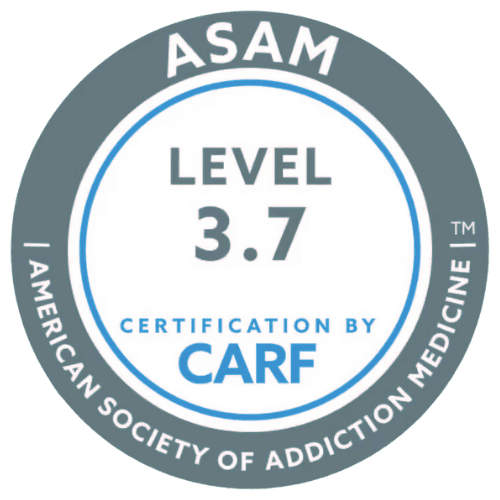When I was in my late teens into my mid-twenties, I would sometimes have nightmares that I was still living in one of my foster care placements. I would wake up sweating and hyperventilating, with my heart racing, and I would have to remind myself that I didn’t live there anymore. If I thought I saw one of the members of that family out in the community, I would immediately tense up and feel anxious. What I didn’t know was that I had developed post-traumatic stress disorder (PTSD) from three years in an abusive foster home.
A Recipe for Mental Illness
Young people in foster care are more predisposed than their peers to develop certain mental health conditions. This can occur for a variety of reasons:
- Difficult experiences with their birth families – possibly including abuse, neglect, parental abandonment or rejection, or the death of a parent
- The trauma of being removed from their family and community of origin and placed with strangers in an unfamiliar community – sometimes more than once
- Having to move around frequently between foster homes – sometimes multiple times in a single year, for years on end
- Leaving the system with no stable, caring adults to provide support in early adulthood
- Genetic predisposition toward mental illness
- Disrupted adoptions
Common Diagnoses
A study by Casey Family Programs found that up to 80 percent of foster youth struggle with mental illness. Some of the most common mental illnesses among foster youth include:
- PTSD – 21.5% of foster youth, 4.5% of general population
- Major Depression – 15.3% of foster youth,10.6% of general population
- Social Phobias – 11.9% of foster youth, 8.9% of general population
- Panic Disorder – 11.4% of foster youth, 3.6% of general population
- Generalized Anxiety Disorder – 9.4% of foster youth, 5.1% of general population
- Bulimia – 2.9% of foster youth, 0.4% of general population
Substance use, including alcohol and other drugs, is also more common in foster youth than the general population.
Poor Outcomes in Adulthood
Partially because they struggle with mental health and also due to lack of adequate adult supports, young people who age out of care are at greater risk for a wide range of negative outcomes in adulthood, including:
- Homelessness
- Incarceration
- Food insecurity
- Domestic violence
- Unwanted pregnancies
- Frequent unemployment
Unless these outcomes can be avoided, young people who were once placed in the foster care system can become parents who lose their children to the same system.
What Can Be Done
The American Academy of Pediatrics recommends the following for improving mental health outcomes for foster youth:
- A trained pediatric mental health professional should evaluate youth in care before they are ever prescribed any psychotropic medications, due to the history of foster youth being overprescribed medications.
- The child’s history and symptoms should support any diagnoses that are made.
- Priority should be given to addressing symptoms that could interfere with home, school or child care.
- Psychotropic medication should be part of a wider treatment plan that includes non-medication interventions like therapy and skill-building.
- A child psychiatrist or general psychiatrist with experience in pediatric mental health is the ideal choice for prescribing psychotropic meds for foster youth.
- Medications should always be started at a low dose and gradually increased, staying at the lowest dose that is effective.
One study of mental health in foster youth found a number of specific interventions to be helpful. Among these were:
- Child Parent Psychotherapy
- Programs like Fostering Healthy Futures and Incredible Years
- Keeping foster parents trained and supported
- Parent-Child Interaction Therapy
- Several varieties of cognitive behavioral therapy (CBT)
For young people who are exiting care, it cannot be overstated how important it is for them to have one or more stable, caring adults who will provide on-going support after they exit the system. This can be achieved informally or formally, through legal channels by formalizing an adoption before or after the young person’s 18th birthday, or by a verbal agreement or a written permanency pact the youth enters with one or more adults.
If you need more information about how to help young people in foster care, you can reach out to:
- Foster Club
- The Court Appointed Special Advocate (CASA) Program nearest you
- Your state’s foster care youth board
Highland Hospital’s caring team of professionals in West Virginia is also available to answer questions related to appropriate mental health interventions for children from every background.









